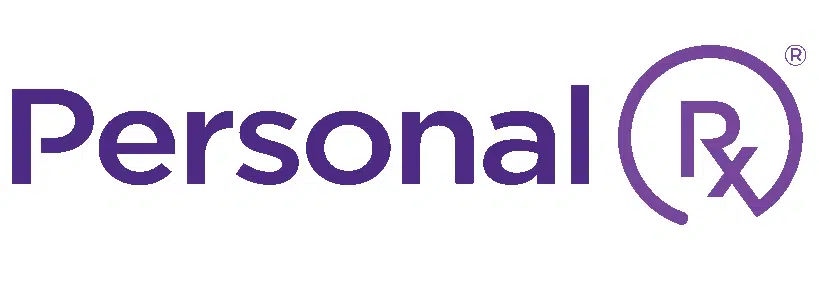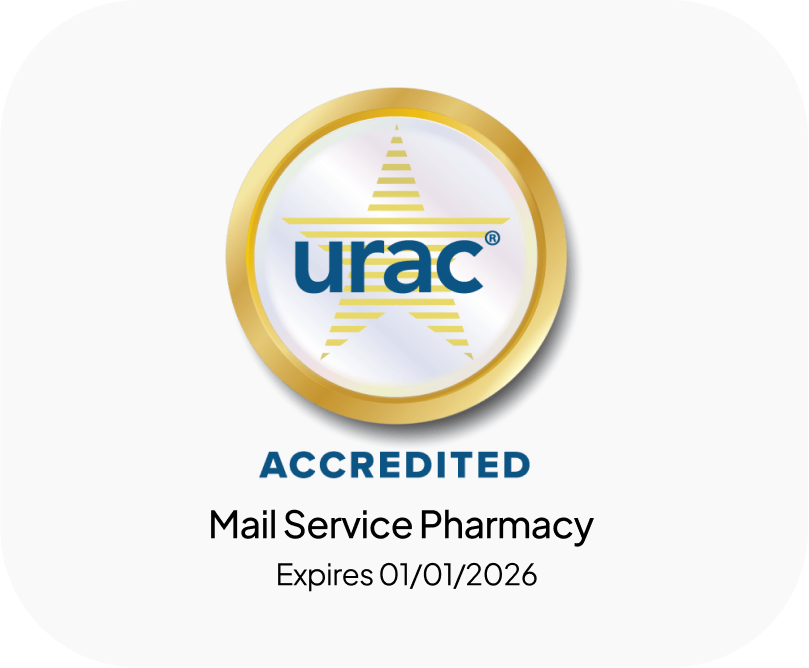There are thousands of medications on the market, both prescription and over the counter. Often unused medication remains at home. Maybe the doctor increased your blood pressure medication dose because it wasn’t lowering your pressure as well as it should. Maybe you started getting dose packs from PersonalRX and taking your medication as prescribed so your doctor was able to decrease your dosage. Either way, it is common for patients to have unused and expired medication at home and disposing of it is an important health and safety step. In fact, it is recommended that you clean out medicine cabinets every 6 months. How do you dispose of medications safely? Below are several options including drop off locations and FDA approved home disposal procedures.
For drop off, there are medication take back locations and periodic events hosted by community organizations. You can find one in your area using the resources the FDA list on their website here: https://www.fda.gov/drugs/disposal-unused-medicines-what-you-should-know/drug-disposal-drug-take-back-options
For mailing out, there are services that you can use to send unused medications for safe disposal. Examples include companies like American RX Group, Deterra and Stericycle.
For home disposal, it’s important to take great care to reduce the risk of harm to humans and animals. There are medications the FDA advises are safe to flush down the toilet. Examples include, Diastat/Diazepam rectal gel, Subutex/Buprenorphine, and Oxycodone contain products such as Percocet. For a full list check here FDA Flush List. While this is not the safest for the environment, it reduces the risk of harm, including toxicity and death to animals and also to humans from accidental exposure to these dangerous, habit forming medications.
For home disposal, to safely dispose of medications that are not on the FDA Flush List, the FDA advises these steps:
Mix medicines (liquid or pills; do not crush tablets or capsules) with an unappealing substance such as dirt, cat litter, or used coffee grounds;
Place the mixture in a container such as a sealed plastic bag;
Throw away the container in your trash at home; and
Delete all personal information on the prescription label of empty medicine bottles or medicine packaging, then trash or recycle the empty bottle or packaging.
For home disposal of medication disposal after using a product.
When disposing of used medication containing patches, fold the edges together so none of the sticky surface containing the medication is exposed.
Empty bottles can be disposed of normally, after removing your personal information.
After injecting medication, used pen needles and syringes should be disposed of in a Sharps container.
Overall, when it comes to disposing of your unused medications, the choice is yours.We encourage you to reach out to your pharmacist or us, at PersonalRX Pharmacy if you have any questions. We are here at PersonalRX to support patients in staying happy, healthy and taking their medication safely.
*PersonalRX does not have any affiliation with any company listed in this article. The choice of disposal method is 100% up to the patient, as long as it is done safely and following current FDA recommendations.
There are thousands of medications on the market, both prescription and over the counter. Often unused medication remains at home. Maybe the doctor increased your blood pressure medication dose because it wasn’t lowering your pressure as well as it should. Maybe you started getting dose packs from PersonalRX and taking your medication as prescribed so your doctor was able to decrease your dosage. Either way, it is common for patients to have unused and expired medication at home and disposing of it is an important health and safety step. In fact, it is recommended that you clean out medicine cabinets every 6 months. How do you dispose of medications safely? Below are several options including drop off locations and FDA approved home disposal procedures.
For drop off, there are medication take back locations and periodic events hosted by community organizations. You can find one in your area using the resources the FDA list on their website here: https://www.fda.gov/drugs/disposal-unused-medicines-what-you-should-know/drug-disposal-drug-take-back-options
For mailing out, there are services that you can use to send unused medications for safe disposal. Examples include companies like American RX Group, Deterra and Stericycle.
For home disposal, it’s important to take great care to reduce the risk of harm to humans and animals. There are medications the FDA advises are safe to flush down the toilet. Examples include, Diastat/Diazepam rectal gel, Subutex/Buprenorphine, and Oxycodone contain products such as Percocet. For a full list check here FDA Flush List. While this is not the safest for the environment, it reduces the risk of harm, including toxicity and death to animals and also to humans from accidental exposure to these dangerous, habit forming medications.
For home disposal, to safely dispose of medications that are not on the FDA Flush List, the FDA advises these steps:
Mix medicines (liquid or pills; do not crush tablets or capsules) with an unappealing substance such as dirt, cat litter, or used coffee grounds;
Place the mixture in a container such as a sealed plastic bag;
Throw away the container in your trash at home; and
Delete all personal information on the prescription label of empty medicine bottles or medicine packaging, then trash or recycle the empty bottle or packaging.
For home disposal of medication disposal after using a product.
When disposing of used medication containing patches, fold the edges together so none of the sticky surface containing the medication is exposed.
Empty bottles can be disposed of normally, after removing your personal information.
After injecting medication, used pen needles and syringes should be disposed of in a Sharps container.
Overall, when it comes to disposing of your unused medications, the choice is yours.We encourage you to reach out to your pharmacist or us, at PersonalRX Pharmacy if you have any questions. We are here at PersonalRX to support patients in staying happy, healthy and taking their medication safely.
*PersonalRX does not have any affiliation with any company listed in this article. The choice of disposal method is 100% up to the patient, as long as it is done safely and following current FDA recommendations.
Other Resources
If you have expired (or unexpired) medications that you want to dispose of, we recommend one of the following options:
Check with your local police or fire department to see if they have the ability to take in and dispose your medications,
The U.S. Drug Enforcement Administration (DEA) periodically hosts National Prescription Drug Take-back events. During these Drug Take-Back Days, temporary drug take-back locations are set up in communities nationwide for safe disposal of prescription drugs. Contact the DEA Diversion Control Division Registration Call Center at 1-800-882-9539 for more information about drug take-back location
Take the Stress Out of Managing Your Medications
Ready to simplify your routine and stay on track with your prescriptions??
Learn more about PersonalRX Pharmacy services here.
Already know you’re ready to switch?
Sign up to get your pre-sorted dose packs here.



